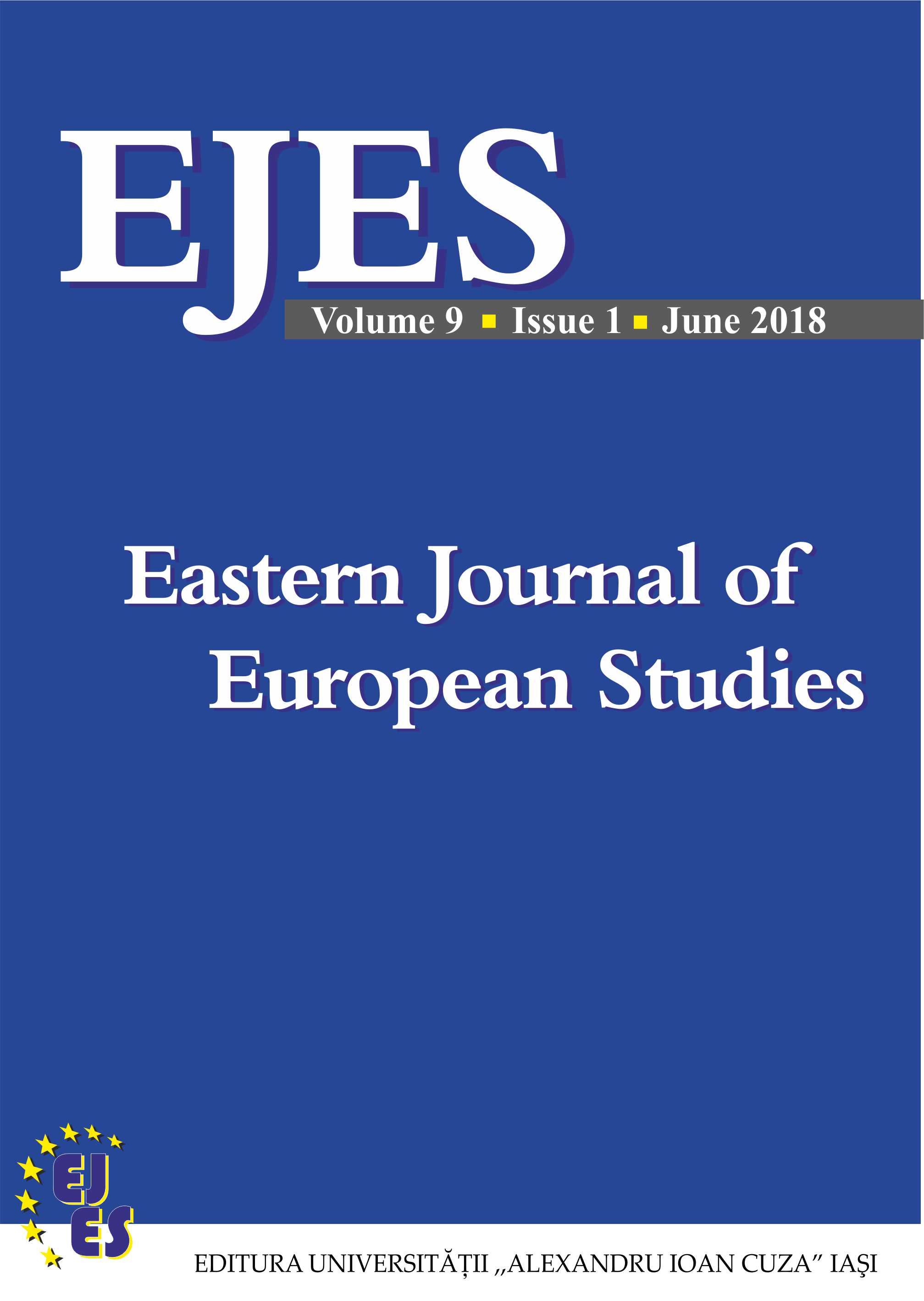Clientelism and informality in Albania
Clientelism and informality in Albania
Author(s): Islam JusufiSubject(s): Politics / Political Sciences, Social Sciences, Economy
Published by: Editura Universităţii »Alexandru Ioan Cuza« din Iaşi
Keywords: informality; clientelism; criminality; organized crime; Albania
Summary/Abstract: Albania made revolutionary progress in its post-communist transition. Nevertheless, there have been setbacks, including the emergence and failure in the fight against organized crime. In this fight, the attitude of governments and of the public has often been political and clientelistic. In Albania, regional, cultural and political polarization has constantly existed. This polarization has also played a role in governments' responses to organized crime, which in turn has been important for the economic survival of communities and this has come to survive in informal forms. In this context, organized crime has come to be tolerated by people. This article analyses the fight against organized crime in Albania and how phenomena such as clientelism have affected this fight. Clientelism has emerged as the reason for the general absence of active opposition against criminality among the population in Albania. The article finds that people's own clientelistic and political views affect their decisions and attitudes towards organized crime.
Journal: Eastern Journal of European Studies
- Issue Year: 9/2018
- Issue No: 1
- Page Range: 133-150
- Page Count: 17
- Language: English

